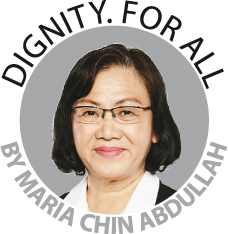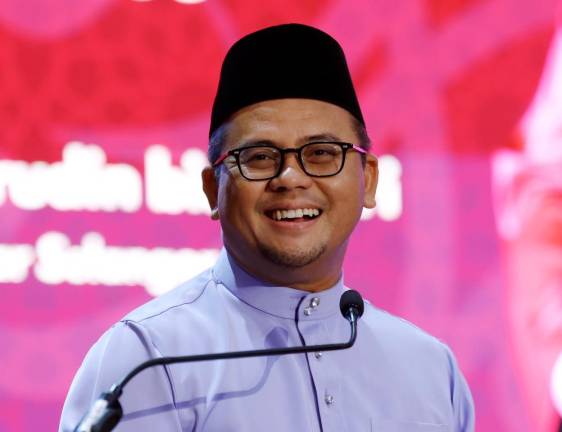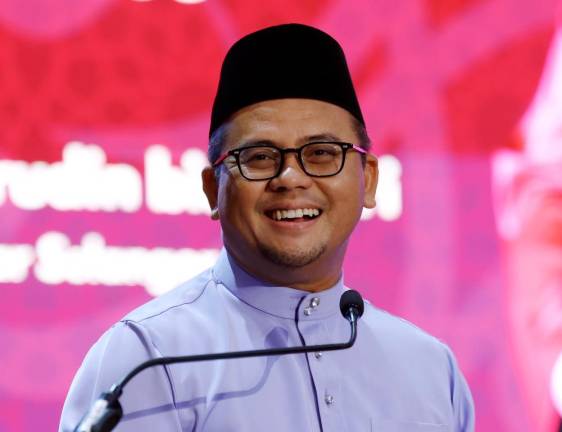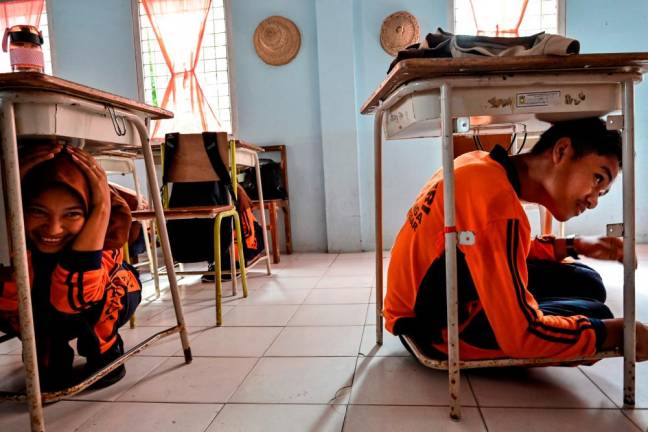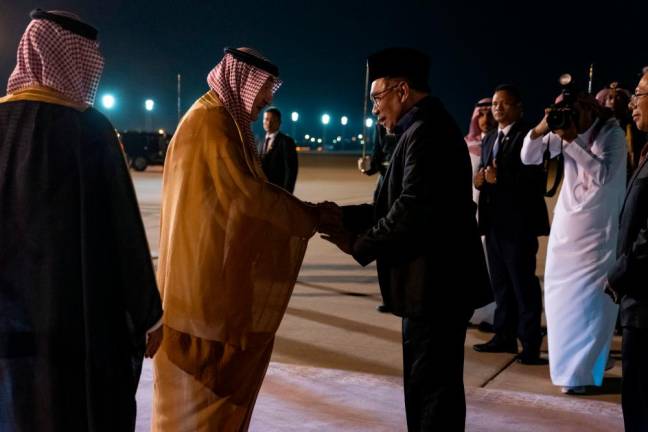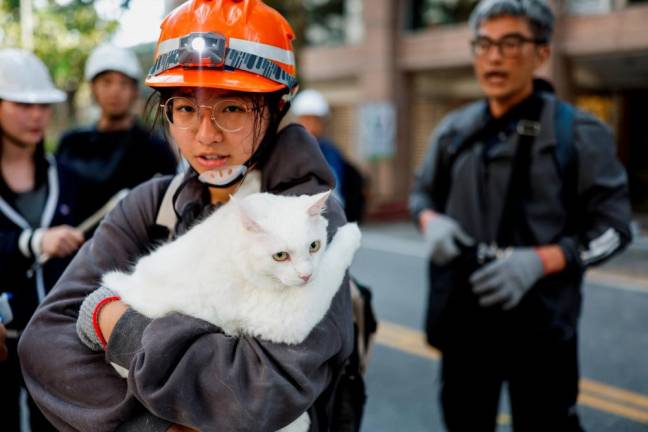PRIME Minister Tun Dr Mahathir Mohamad had in January expressed the government’s interest in possibly enacting a law to monitor political funding.
This was in response to the National Governance, Integrity and Anti-Corruption Centre director-general Tan Sri Abu Kassim Mohamed, who recommended political parties consider a Political Funding Bill. The bill will compel all political parties to disclose their sources of funding, including donations, or face punishment.
We need to re-open discussions on curbing excessive political financing.
A former prime minister has admitted to accepting foreign funds into his personal account. His admission could possibly mean that there were secret political funds or war chests; and individuals in control were able to amass enormous amount of funds as political parties have access to foreign funding due to their position of power. Such fund raising, legal or otherwise, has allowed political parties to fund their campaigns and literally de-legitimise the electoral system.
The lessons learnt from various cases points to an increasing monetisation of politics to win elections; where secret war chests exist; with heavy imbalances in access to funding for elections. The linkage between money and politics has powerful implications for democracy.
Political finance has been identified as a source of political corruption in several countries, especially when weak legal frameworks and institutions on campaign and party finances exist and do not have sufficient power to deal with abuses in political finances.
How money is sourced and used during elections by either the candidate or political parties, certainly needs monitoring and penalties need to be put in place for defaulters.
Any attempt to enact political finance laws to curb excessive party spending must look into regulation, management, expenditure and accountability of political parties during and after elections.
These must include private financing which are funds raised through legitimate means as well as public financing where financial resources of the government are used for political parties or candidates.
In 2015 a coalition on political financing argued for the urgent need for reforms. It called for the strengthening of the legal framework to allow for greater transparency and accountability in political funding.
The coalition not only recommended a Political Party Act to set limits on sources of funds, expenses of political parties but also to encourage public declaration of political parties’ finances.
A few institutional reforms were named to better regulate financing such as an impartial and independent Election Commission, and Registrar of Societies; and for the separation of the Attorney-General’s Chambers from its public prosecutor’s role. A caretaker government would be set up in the run up to a general election to curb any development project announcements perceived to be for “vote buying”. The coalition also called out for the monitoring of financing for internal party elections to eliminate patronage or offers of contracts in exchange for leadership positions.
Such reforms also beg the question of how are political parties and candidates to finance themselves in any election?
According to the Organisation for Security and Co-operation in Europe’s Office for Democratic Institutions and Human Rights, political parties in Europe are provided with public subsidies or state funding that may be distributed equally among all those parties, depending on their electoral threshold, or they are distributed in proportion to the votes or seats obtained by eligible parties.
Some European legislations require political parties to use public subsidies to finance election campaigns, party activities or fulfil party goals.
Whereas in Germany and the Netherlands, they have set up “matching funds” approach towards political subsidies. In the Netherlands, the system of allocation of public subsidies guaranteed to political parties is dependent on the parties’ level of membership and partially in proportion to the number of seats won.
In Germany, it is dependent on several criteria, such as capacity of the political parties to collect private contributions and collection of membership fees. The idea behind this is to encourage citizens’ financial contribution to the electoral processes and to allow parties to seek their own private funding.
There are pros and cons to public funding of political campaigns. On the one hand, it may help curb corruption, allow states to promote women’s political participation, increase governance in finance reporting as well as provide financial support to political parties and candidates.
The downside is that it may preserve the status quo that keeps established political parties in power, taxpayers are “forced” to support parties that they do not approve of, and political parties may need to toe the government line.
Nonetheless, in view of the cases of grand corruption and secret funds in personal accounts, the move to introduce controls over political financing is urgent and much needed.
Comments: letters@thesundaily.com




